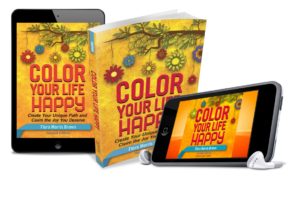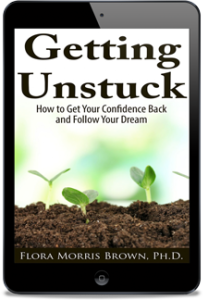 Celebrating Dr. Martin Luther King Jr. Day takes many forms for many people. I’d like to focus on his call to all of us to serve. In his speech, “The Drum Major Instinct,” he said that if you want to be great, serve. Regardless of background, education and ethnicity we can all serve others and in so doing help ourselves and all of humankind
Celebrating Dr. Martin Luther King Jr. Day takes many forms for many people. I’d like to focus on his call to all of us to serve. In his speech, “The Drum Major Instinct,” he said that if you want to be great, serve. Regardless of background, education and ethnicity we can all serve others and in so doing help ourselves and all of humankind
We must all earn a living, but serving others must come first. Just as King filled a void when he spoke out for justice and freedom, so must we fill a void with the product or service we offer, as well as the lives we lead.
There are infinite ways to earn a living in this world. The career or business we each choose must be the one that fills a need within others and brings deep satisfaction to us.
To serve, King points out, all you need is a heart full of grace and a soul generated by love. Thankfully, these things are within everyone’s reach. To tap into them all you have to do is ask for them, believing that they are yours.
May Martin Luther King Jr. Day be a reminder to you to live your life from your heart and soul, and serve those around you with integrity and joy.
 During a reunion of friends I hadn’t seen for a year, we met over dinner and each shared our progress toward personal and professional goals. In the process of sharing events of her year one friend disclosed that she’s motivated by trying to prove to her family that she is as smart as her high-achieving “specialist doctor” brother.
During a reunion of friends I hadn’t seen for a year, we met over dinner and each shared our progress toward personal and professional goals. In the process of sharing events of her year one friend disclosed that she’s motivated by trying to prove to her family that she is as smart as her high-achieving “specialist doctor” brother.
 We often talk about happiness as though it’s lurking there, somewhere outside ourselves. We see evidence of it in other people, but we aren’t sure we can experience it ourselves. The truth is you can’t be happy in the future unless you’re happy now. The potential is already inside you-just as the potential for a plant is already there inside a seed.
We often talk about happiness as though it’s lurking there, somewhere outside ourselves. We see evidence of it in other people, but we aren’t sure we can experience it ourselves. The truth is you can’t be happy in the future unless you’re happy now. The potential is already inside you-just as the potential for a plant is already there inside a seed.

Recent Comments